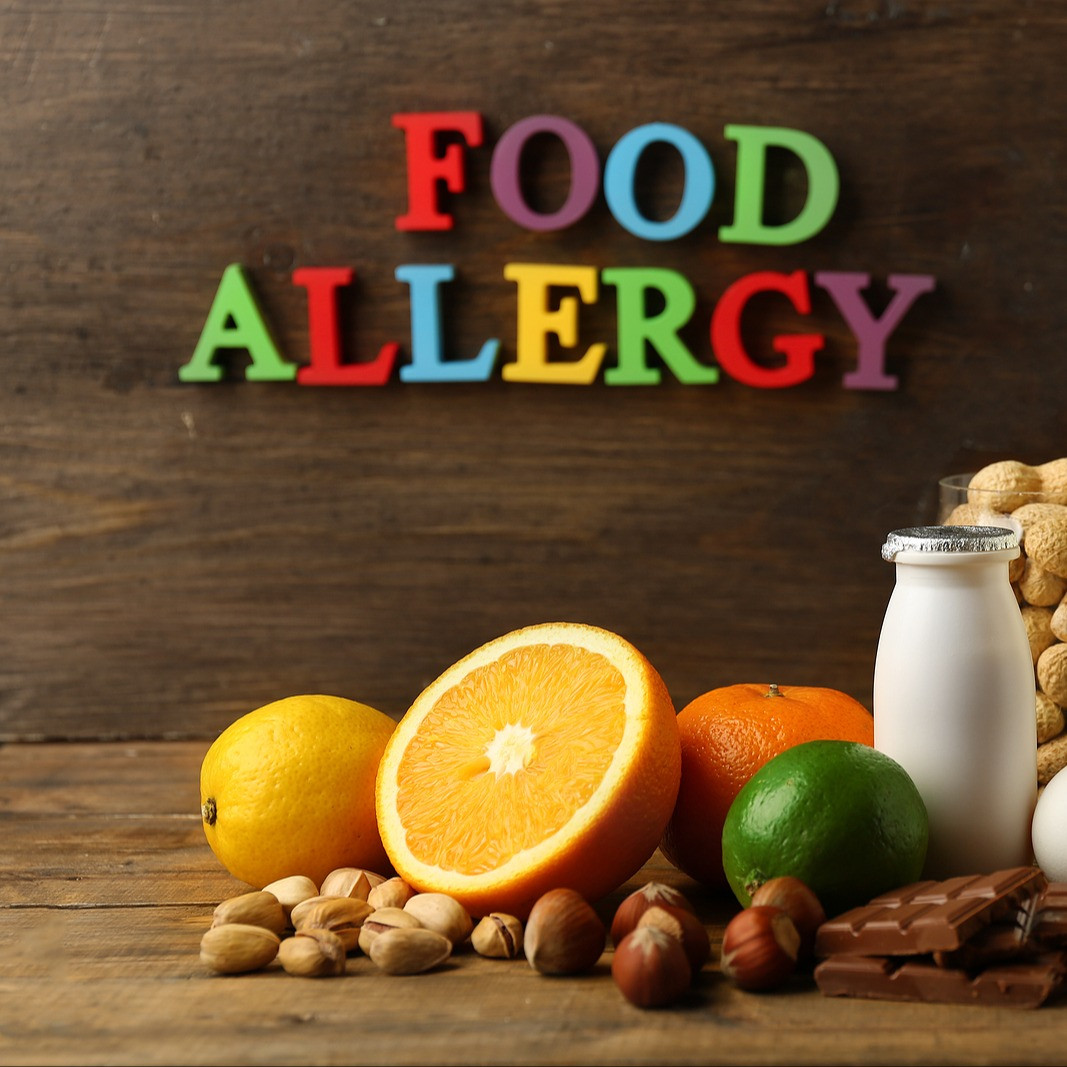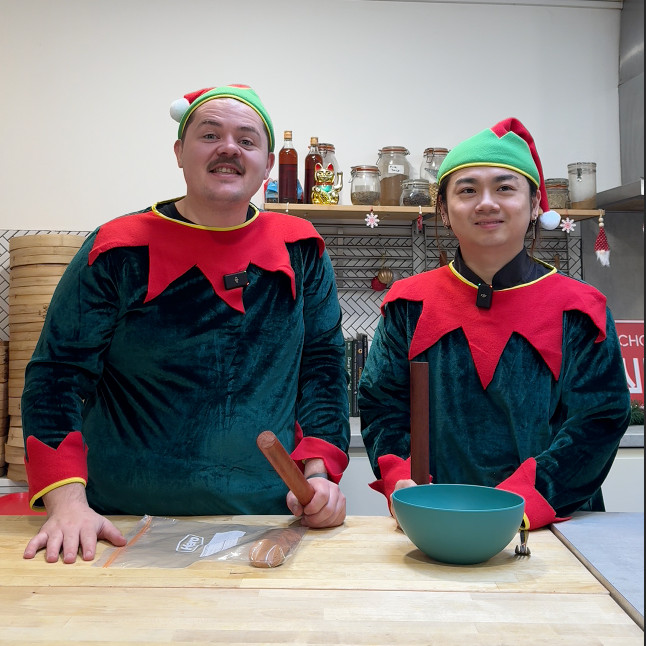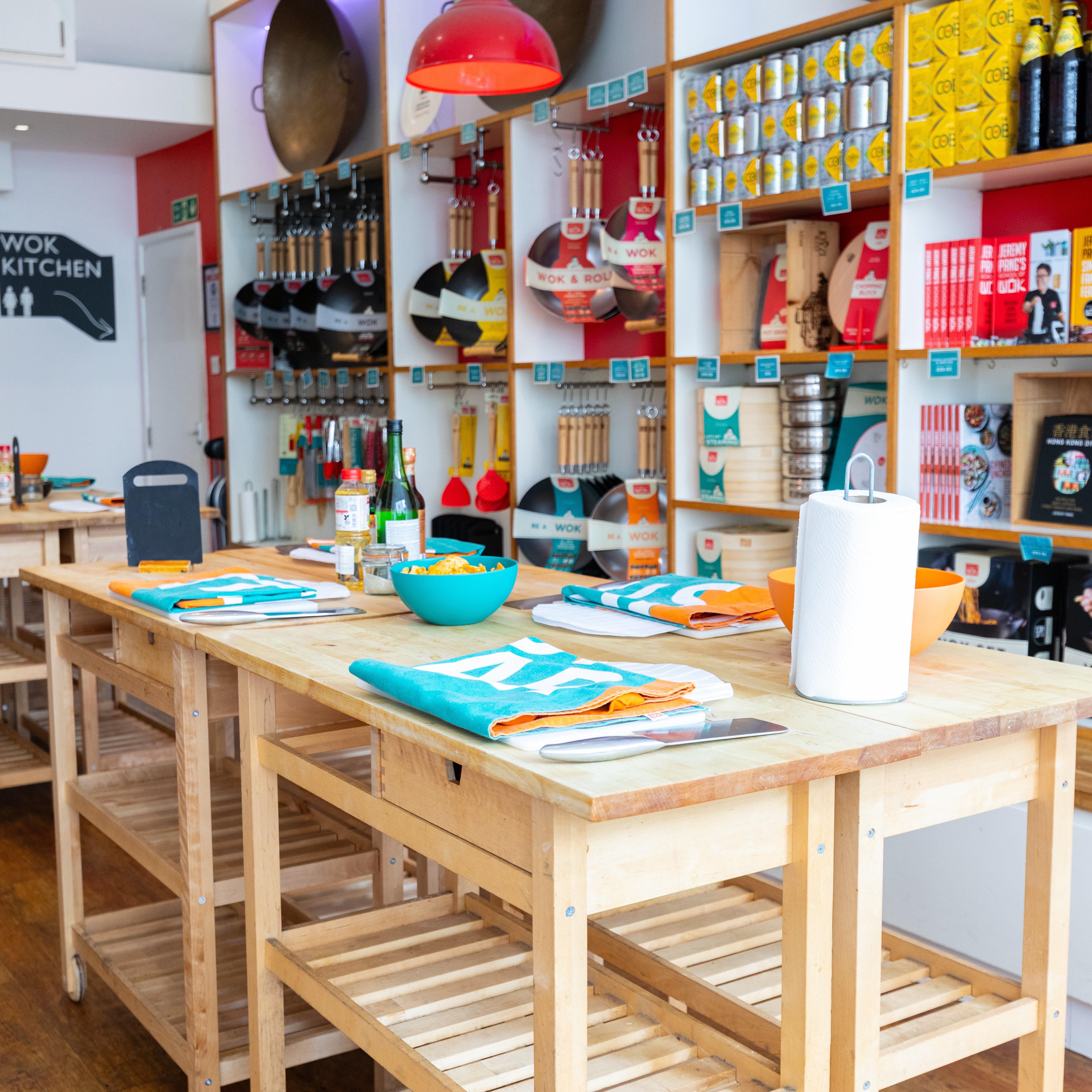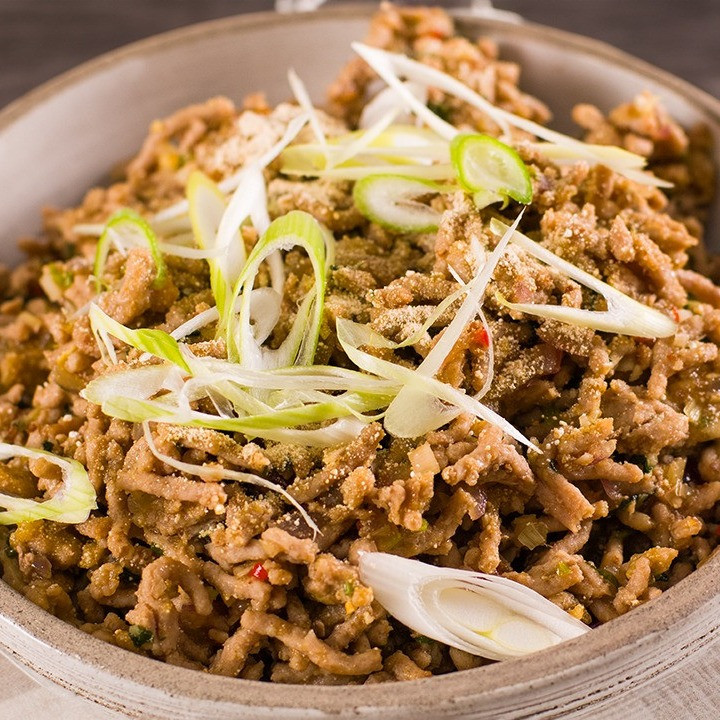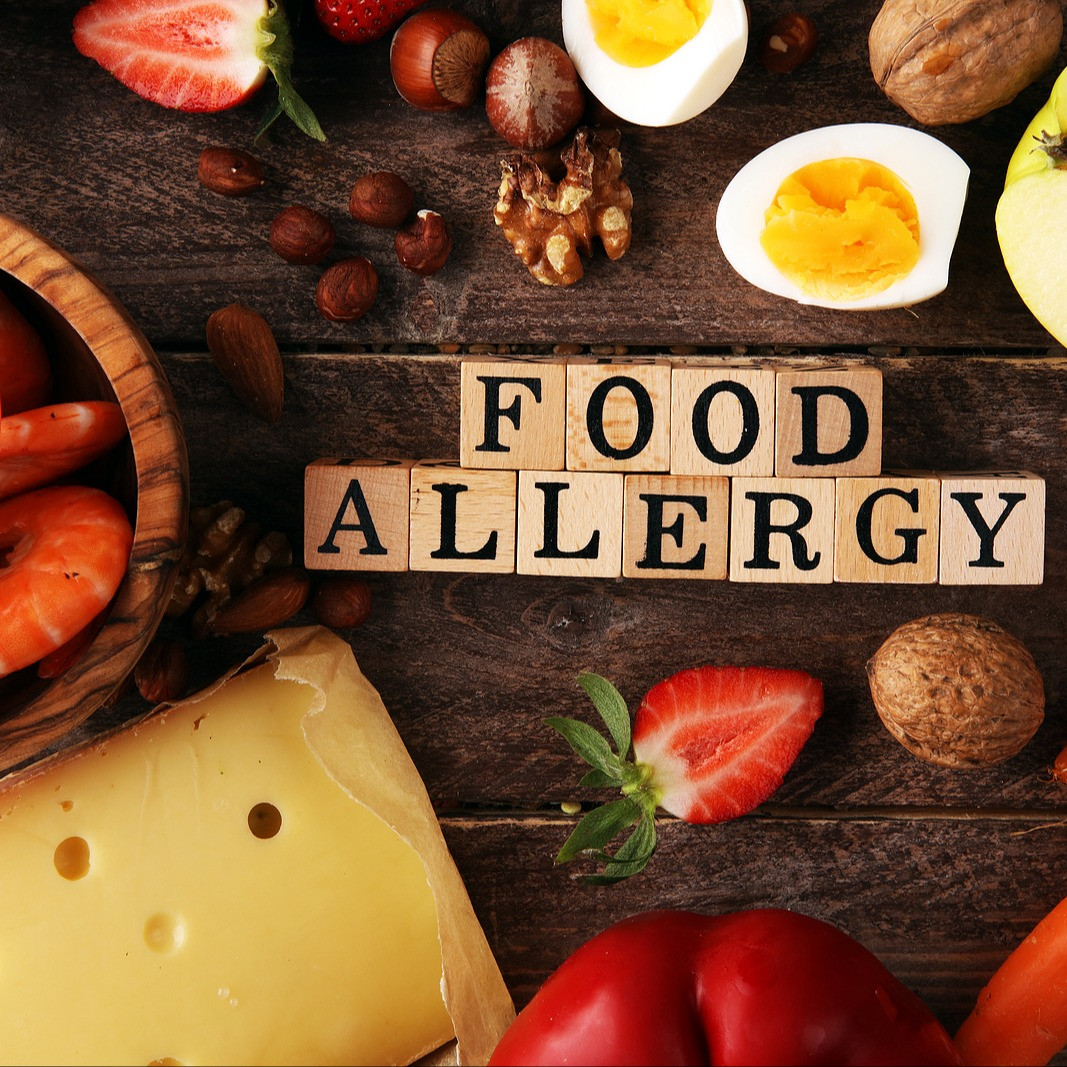
Food Allergy Awareness Week: 5 Tips for Safe Asian Cooking
Food Allergy Awareness Week 2025 occurs from 13th-19th May in the UK. It aims to raise awareness of different food allergies and how everyone can be safely catered for. When you’re cooking for someone with a food allergy, even a small trace of an allergen can trigger a reaction.
Food allergens aren’t removed during cooking or by high heat, so careful handling in the kitchen is essential. Preparing safe meals isn’t just a matter of courtesy; it’s a matter of health and safety. Whether you’re a home cook creating a feast for friends or a professional chef catering for customers, these tips will help you safely prepare allergy-friendly Asian dishes.
What Is a Food Allergy?
A food allergy occurs when your immune system overreacts to certain foods. According to the NHS, food allergies can cause mild symptoms, such as itching, but for some individuals, reactions can be severe and even life-threatening. Severe cases may result in anaphylaxis, a serious allergic reaction that requires immediate medical attention. It’s also important to note that food allergies differ from food intolerances. While intolerances might cause symptoms like bloating or tummy pain a few hours after eating, they don’t involve the immune system or pose the same health risks.
Why Is Food Allergy Awareness Crucial?
Understanding and managing food allergies is vital for protecting those with allergies and ensuring they can enjoy meals without anxiety. Here's why it matters:
1. Potential for Severe Reactions
Although some food allergies can cause mild symptoms, others may trigger anaphylaxis. Symptoms of anaphylaxis include difficulty breathing, a tight throat, rapid heartbeat, and loss of consciousness. Quick action and the use of adrenaline auto-injectors like EpiPens can save lives.
2. Enhances Dining Experiences
Dining out or sharing meals can be a daunting task for individuals with food allergies. As a cook or chef, ensuring allergy awareness in your kitchen helps create a safe and inclusive dining experience. For businesses, it’s an opportunity to build trust and loyalty among customers.
3. Leads by Example
When you prioritise allergy safety, you set a standard for others in the culinary world or your social circle. You can help normalise food allergy conversations, making dining safer and more enjoyable for everyone.
5 Tips for Safe Asian Cooking in an Allergy-Friendly Kitchen
1. Always Ask Before You Cook
Start by finding out what your guest can and cannot eat. If you're cooking for a child, speak to their parents or carers directly. Never make assumptions - it’s better to ask twice than to miss an important detail.
2. Prevent Cross-Contact
Cross-contact occurs when allergens accidentally transfer to allergy-friendly food. Even a small trace of an allergen can cause a reaction, so take the following precautions:
- Thoroughly wash work surfaces, utensils, and cutting boards with hot, soapy water before starting
- Use separate cutting boards and utensils for allergy-friendly meals, preferably colour-coded if possible
- Store allergy-friendly ingredients separately and covered to avoid contact with allergens
3. Check Ingredients Every Time
The key to a safer meal is in the details. When preparing complex Asian dishes with ingredients like soy sauce, fish sauce, or spice mixes, carefully read labels for potential allergens. Remember, manufacturers can change their recipes at any time. Always triple-check ingredients:
- Once in the store, before purchasing
- Once at home,e when unpacking
- Once more, when you’re cooking
4. Serve Carefully
When it comes to serving meals:
- Keep allergy-safe food covered and separate from other dishes
- Use designated serving utensils for allergy-free items
- Avoid “picking out” an allergen from a dish (e.g., removing nuts from a salad) - this does not make it safe
5. Keep Notes on Ingredients
For added peace of mind, make a note of every ingredient you use in your dish. If your guest has any questions about what’s in their food, you’ll be able to provide clear and accurate information.
Common Allergens in Asian Cuisine
Asian cooking boasts a rich variety of ingredients, but many can be allergens. Be particularly cautious with these common Asian kitchen staples:
- Soy: Found in soy sauce, tofu, and many condiments
- Peanuts and Tree Nuts: Common in sauces (e.g., satay) or dishes like Thai curries
- Shellfish and Fish: Found in dishes using prawns, crab, fish sauce, or shrimp paste
- Gluten: Present in many noodles, dumpling wrappers, and soy sauces (opt for gluten-free soy sauce alternatives)
For those with milk, egg, or sesame allergies, these can also appear in certain recipes and sauces. Ensuring transparency about your ingredients goes a long way toward keeping diners safe.
The Joy of Cooking Allergy-Friendly Asian Dishes
Cooking Asian food with dietary restrictions in mind doesn’t mean sacrificing flavour. Instead, it’s a chance to explore alternative ingredients and be creative. For example:
- Use tamari or coconut aminos as gluten-free alternatives to soy sauce
- Try sunflower seed butter in place of peanut butter for allergen-free satay sauces
- Experiment with fresh, aromatic herbs like coriander, mint, and lemongrass for flavour without allergens
By making small adjustments, you can create delicious, inclusive dishes that everyone will enjoy.
Keep Learning with cooking classes in London at School of Wok
If you’re keen to master Asian cooking and want guidance on preparing allergy-safe meals, School of Wok can help! We offer hands-on classes that blend authentic Asian cooking classes in London with an emphasis on inclusivity and creativity. Led by experienced culinary experts, our classes cater to novices and seasoned chefs alike. We’ll help you refine your skills and learn how to adapt recipes for various dietary needs.




